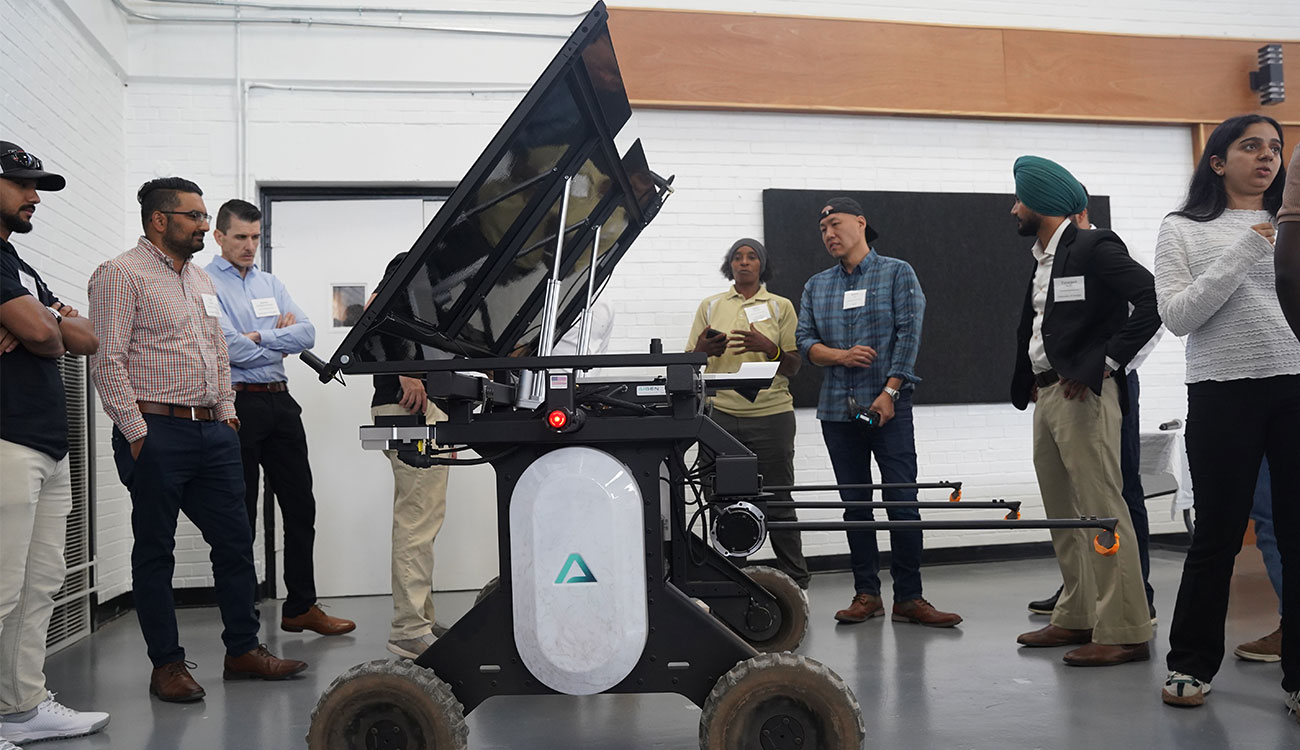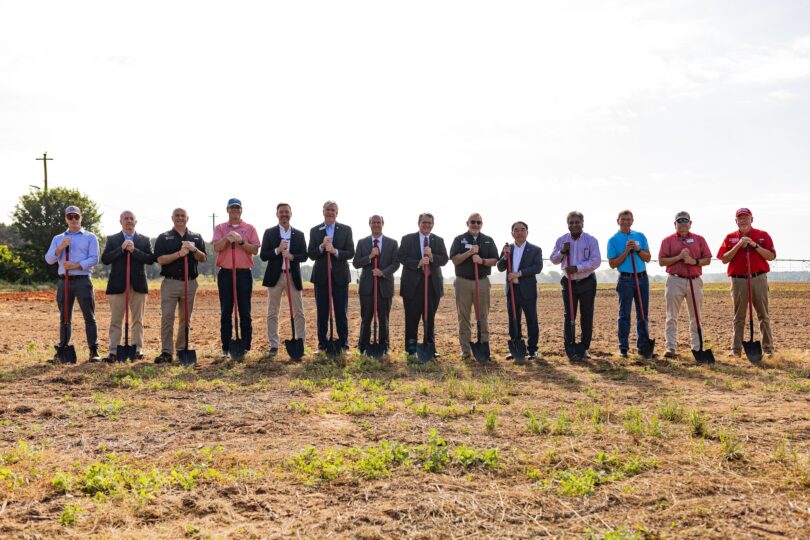By Brad Haire
University of Georgia
“We know that our petroleum-based fuel consumption does contribute harmful elements to our environment, reducing the quality of our air, impacting our international relations and puts a dent in our pocketbooks,” he told an estimated 600 participants at the Southeast Bioenergy Conference 2007.
According to Perdue’s numbers, during the three-day conference, Georgians used about 57 million gallons of gasoline, or about $154 million dollars worth.
The conference became a three-day, one-stop place for biofuel investors to shop, entrepreneurs to sell, scientists to showcase research and for lawmakers to talk policy and tax breaks. All were aiming to make the Southeast a deep-well source for biofuels in the future.
“We planned this conference with just one thing in mind – to promote the use of bioenergy and its commercialization within the Southeast,” said Craig Kvien, a professor with the University of Georgia College of Agricultural and Environmental Sciences. He spearheaded the conference’s voluntary planning committee, which had representatives from across the region.
From watermelons to peaches, corn, cotton, peanuts and poultry fat, a walk among the fleet of vendor vehicles at the conference left visitors wondering just what couldn’t be processed and poured into an engine to fire it up.
That’s why a bioenergy industry could thrive in Georgia, Perdue said, because the state has the weather and the diversity to produce a lot of biomass that can be converted into various useable fuels.
“One of Georgia’s greatest strengths is our agricultural industry,” he said, “our farmers and our foresters. It’s our oldest and largest industry.”
The bioenergy movement is pumping up in Georgia, Perdue said. Since a similar conference in Tifton last year, a dozen new ethanol and biodiesel facilities have broken ground in Georgia.
“We are growing (biofuels) here,” he said. “We are traveling down the road very quickly to converting it here . . . and our last step is to use it here.”
The state currently has only five stations where the public can purchase E-85, a blended fuel containing 85 percent ethanol, which is typically produced using corn. Perdue challenged Georgia’s retail industry to provide more pumps filled with E-85.
“The economics are there. . . . And I want Georgians to be able to use fuel that our Georgia farmers have grown,” Perdue said.






